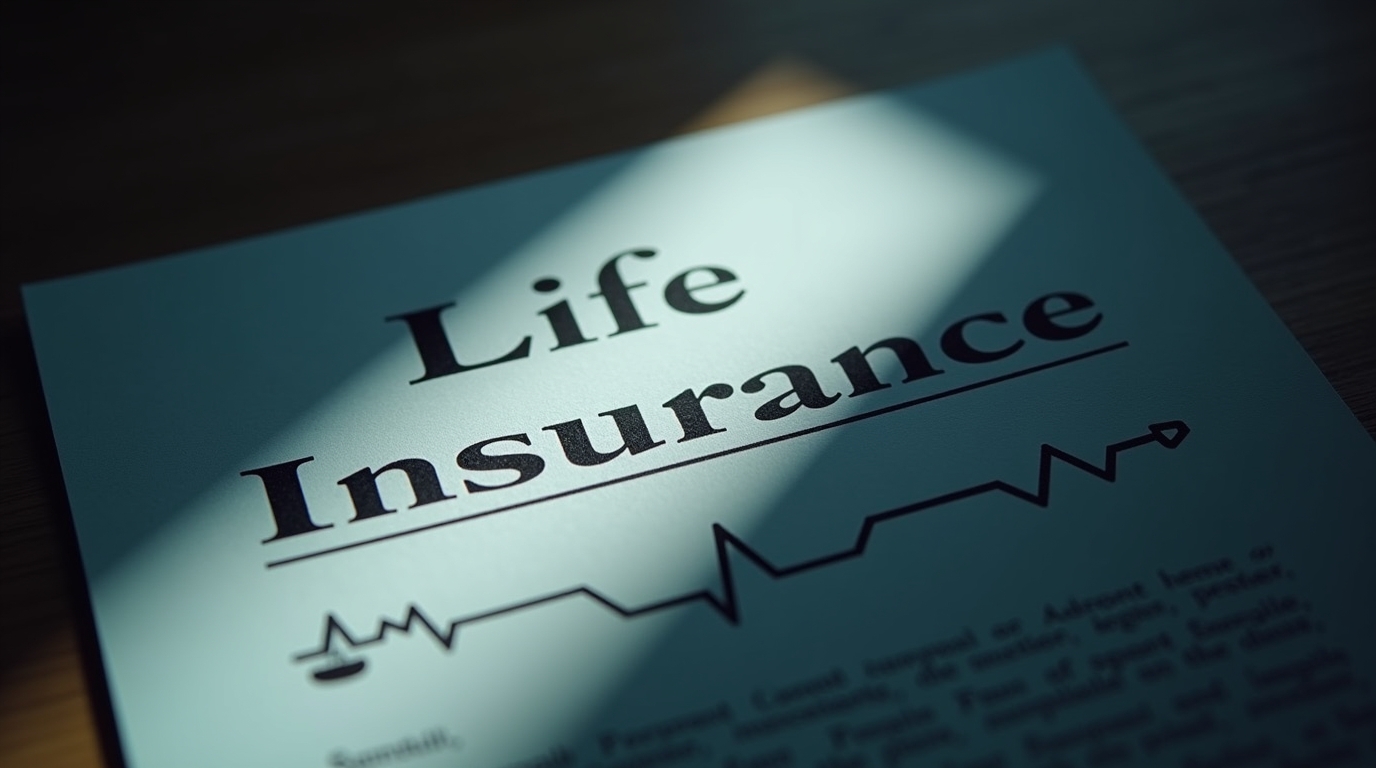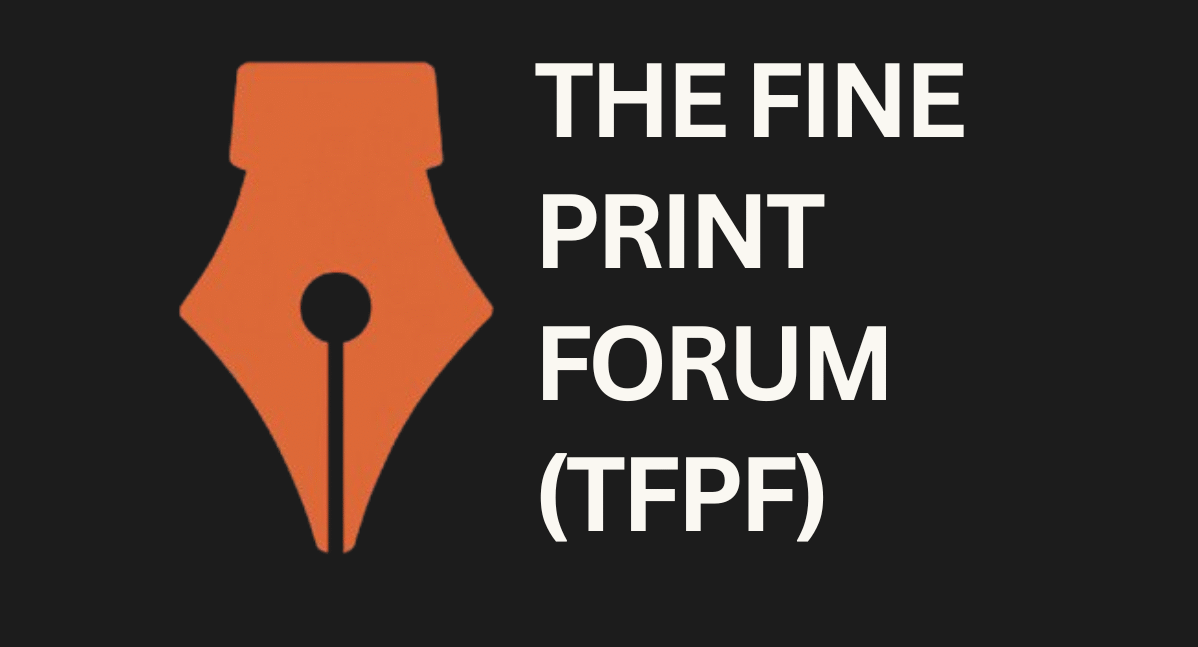Life insurance and Suicide: Studying Indian and Foreign Legal Framework

Author: Priyanka Shelke, 4th-year B.B.A. LL.B. (Hons.) student at Symbiosis Law School Pune & Samarth Gosavi, 4th-year B.B.A. LL.B. (Hons.) student at Symbiosis Law School Pune.
INTRODUCTION
“Dead are also to be respected. It would be against all cannons of a civilised State to impose stigma on a dead man.”
– Justice Tejinder Singh Doabia
Life Insurance is a formal agreement between the insured and the insurer, wherein the insurer agrees to pay a predetermined sum of money to the nominee upon the death of the insured in exchange, for timely premium payment by the insured. These contracts are governed by detailed terms that describe the legal parameters, limitations and often contained exclusions for events such as suicide, fraud, and civil unrest associated with insured events. Among all these, suicide remains one of the most complex and contentious exclusion.
The suicide rate has been increasing globally and its consequences go beyond personal loss. It not only causes emotional and psychological harm but also causes financial harm to the families. According to the National Crime Records Bureau (NCRB), a total of 1,71,000 suicides were registered in India, in the year 2022.
In the light of this, in this article, author intends to elaborate the legal position on life insurance and suicide in India, compare it with foreign jurisdictions and give recommendations.
LEGAL POSITION LIFE INSURANCE AND SUICIDE IN INDIA
Suicide Clause:
In a life insurance policy, a suicide clause outlines the conditions in which the insurer will pay the insured’s nominee the death cover in case that the insured passes away due to suicide.
Suicide Clause acts as a regulatory mechanism under the life insurance policies, aimed to discourage the insureds from purchasing a life insurance policy with the intention of committing suicide soon after the inception of the policy.
Life insurance policy often provides death coverage for suicidal deaths after a one-year term. If the policyholder commits suicide within one year (or the time period specified in the insurance contract), their nominee will not get the full sum insured. This restriction on non-payment of before the 12-months expiry helps the insurance companies prevent fraud.
Judicial Pronouncements:
Various Indian courts have chosen not to adopt the ruling established in the Beresford’s case. Suicide is not a crime in India, hence the ruling established in the Beresford’s case is inapplicable in India. As a result, a liability is cast upon insurers to pay the death cover to the nominee. However, it is important to note that an attempt to commit suicide is punishable under the Bharatiya Nyaya Sanhita, 2023.
In the case of Northern India Assurance Co v. Kanhayalal a clause in the policy stated that if the insured commits suicide within one year from commencement of policy, claim would be rejected. The insured appointed his son as the nominee for his policy and he committed suicide within 13 months. The court noted that, unlike England, suicide is not a felony in India, hence the principle is not relevant. Based on this, the judgment was ruled in favour of the insured.
In P. Rathinam vs Union Of India, the court had another occasion to determine whether public policy in India permits suicide. Unhesitatingly, the court held that the suicide was not against the public policy in India.
This indicates that the position of law in India is to allow claims even when assured commits suicide, though it is subject to the terms and conditions of the policy. This is in line with the policy adopted by the United States, which is the best modus operandi to deal with the disputes, since it recognizes that certain suicides may be bona fide while certain may be mala fide, and the ones that are bona fide, should be compensated for, in accordance with the policy. The only issue with this system is this idea is not yet embedded in the legislation.
INTERNATIONAL REGIME
Tendency to Defraud the Insurers:
While the aforesaid case laws give brief account of judicial precedents set by the west, it is important to also understand the trend of defrauding insurers in those countries, for the policymakers to develop a legal framework to govern the domain in India.
Examining the data from OECD countries for the period of 1980 to 2002, it was concluded that the number of suicides increases once the suicide exemption period ends. Examination of data in Australia reveals that within span of two years after the expiry of exemption period, suicide rate increases. It was also found that the tendency to commit the suicide and the amount insured are directly proportional, i.e., higher the sum insured, higher is the tendency to commit suicide.
It is general presumption that higher the exemption period, lower is the tendency to commit the suicide. If we examine the data from Germany, the exemption period being that of three years, there is less tendency to commit suicide with the intention to defraud the insurer. However, if we compare the data from U.S and U.K., incidences in the UK are substantially less than those in the U.S., despite the exemption period in the US being 2 years and that in the UK being 1 year. Hence the tendency to defraud the insurer may also be attributable to the factors other than the exclusion period – like mindset of the insured, economic situation of insured’s family, etc. It can also be concluded that the exclusion period has significant impact on the insured’s decision to commit suicide, but other factors may also have some effect.
The conclusion is clear: the tendency to commit suicide with intention to defraud insurers varies from one society to another and is affected by several factors – exemption period being one of them. Hence there can be no universal law or straight-jacket formula to balance the need to insure the death by suicide while still ensuring that insurers are not defrauded.
Uncertain Public Policy v. Meticulously Drafted Insurance Policy:
In U.K., suicide was a crime until the Suicide Act, 1961 was enacted and hence, the courts would deny the claim of the insured’s representatives on the rationale that one cannot be allowed to reap the benefit of his own crime. This principle was further developed, and it was stated in the Beresford case that not just a crime, suicide is an act against public policy, and one should not be allowed to benefit from his violation of public policy. The court outrightly rejected the idea that the policy itself could provide for otherwise.
Singapore adhered to this English approach till the end of 20th century, but it is slowly being recognized that this approach might be inconsistent with the domestic and cultural peculiarities of the country. It has also been argued that the term ‘public policy’ is an ‘unruly horse,’ the interpretation of which would vary as the time flows. What, in the opinion of the court, is beyond the bounds of public policy today, may be well within the bounds of public policy in future. Hence, rationale of suicide being against the public policy would be questioned frequently, requiring the judiciary to rethink this approach.
RECOMMENDATIONS AND CONCLUSION
Possibility of committing suicide to defraud insurer should not be the reason to blanketly illegalize the policies covering death by suicide. Suicide is proven to be a medical issue and tests like Beck Suicide Intent Scale to assess an individual’s suicidal tendencies. Thus, it is recommended that insurers should continue to insure the suicides, by conducting a thorough background check – whether by holding tests like aforesaid or by conducting EQ tests of the intended assured. If suicide is a medical problem and not intentional always, when someone has attempted suicide in the past, to secure their dependents’ future, it is very much reasonable to look for a policy that covers suicide.
Judiciary has been in favour of allowing claims in event of suicide, according to terms of the policy. It is recommended that legislature drafts a law to govern this domain striking the right balance between insurer’s safety and the insured’s right to be assured against the genuine suicide.

